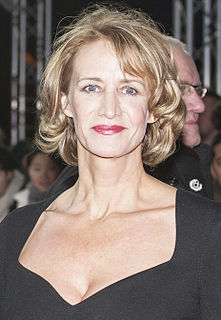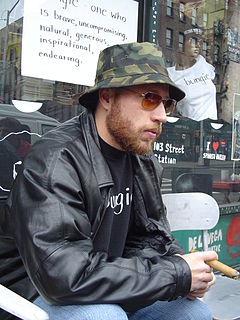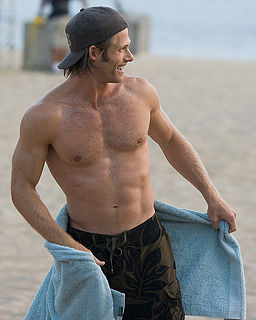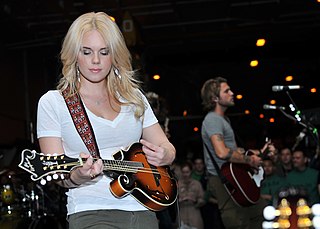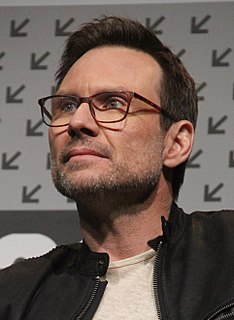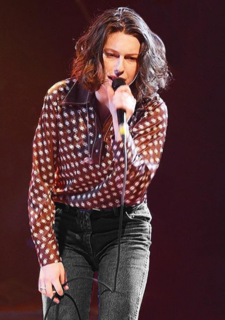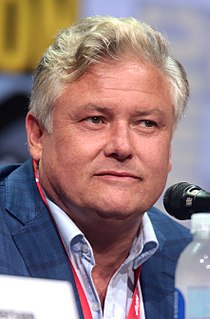A Quote by John Tiffany
I don't like the idea of stepping-stones in art forms: that you do your time at a regional theatre, and then you work in London and go to the West End, and then you do films. I've never felt like following that trajectory.
Related Quotes
The '60s in London obviously brought about the explosion of music, the Beatles especially, and then the Rolling Stones and other forms of music, and then fashion and photography and films - kitchen-sink dramas we called them at that time, which was our nouvelle vague in Britain, films that talk about real life.
The '60s in London obviously brought about the explosion of music, the 'Beatles' especially, and then the 'Rolling Stones' and other forms of music, and then fashion and photography and films - kitchen-sink dramas we called them at that time, which was our 'nouvelle vague' in Britain, films that talk about real life.
I quite enjoy fame, especially when you go to conventions in America where they treat you like a god with stretch limos and the whole fame thing, but then when you come back to Britain, you end up changing in a toilet in a theatre off West End and that's really good, because that is what it's about.
I felt a certain modicum of success because I had been paid well to be an actor for the first time in my life, but I felt like I had done adolescent work on the show, and stepping into the New York theater arena was the first time I felt like I'd come into my own. I felt like I was proving myself in a gladiatorial arena.
I think it's more, at least at the time, a sense of abstraction. My mind doesn't really work in a way where there's a definitive sense of something. I go one way and then it opens up into a million different ideas, and somehow, when you look at the art, Buddhist art, or particularly Tibetan art, you know, it's a similar thing. All of a sudden there are a million lotus leaves and you're following one to the next and to another, and I related to that, and it felt simple and easy to me. And it made me feel smart.
The hardest thing to do in movies is be a day-part player. You have to go in, make your mark, and get out. There's a lot of leading actors who are not good for a lot of a movie, and then suddenly they have good moments, and they're like stepping-stones across a particularly feisty stream. They build careers out of that.
No, I've never moved on with a play. I did the original 'Closer' in London but didn't transfer to the West End or Broadway with it. The same is true of 'Iceman': I didn't go to the Old Vic or Broadway with that. I don't know; I feel an allegiance often to the play where you do it first, in the theatre that it's in; you do it for that space.
If people come up to me, I'm going to be nice to them. Essentially, the assumption is that they support what I do. If I met someone I'd be like, "Hey, I respect your art or your work," and then that's it - let's not go beyond that. But sometimes people are like, "What's going on, man?" "I'm on the street, and we've never met before."



